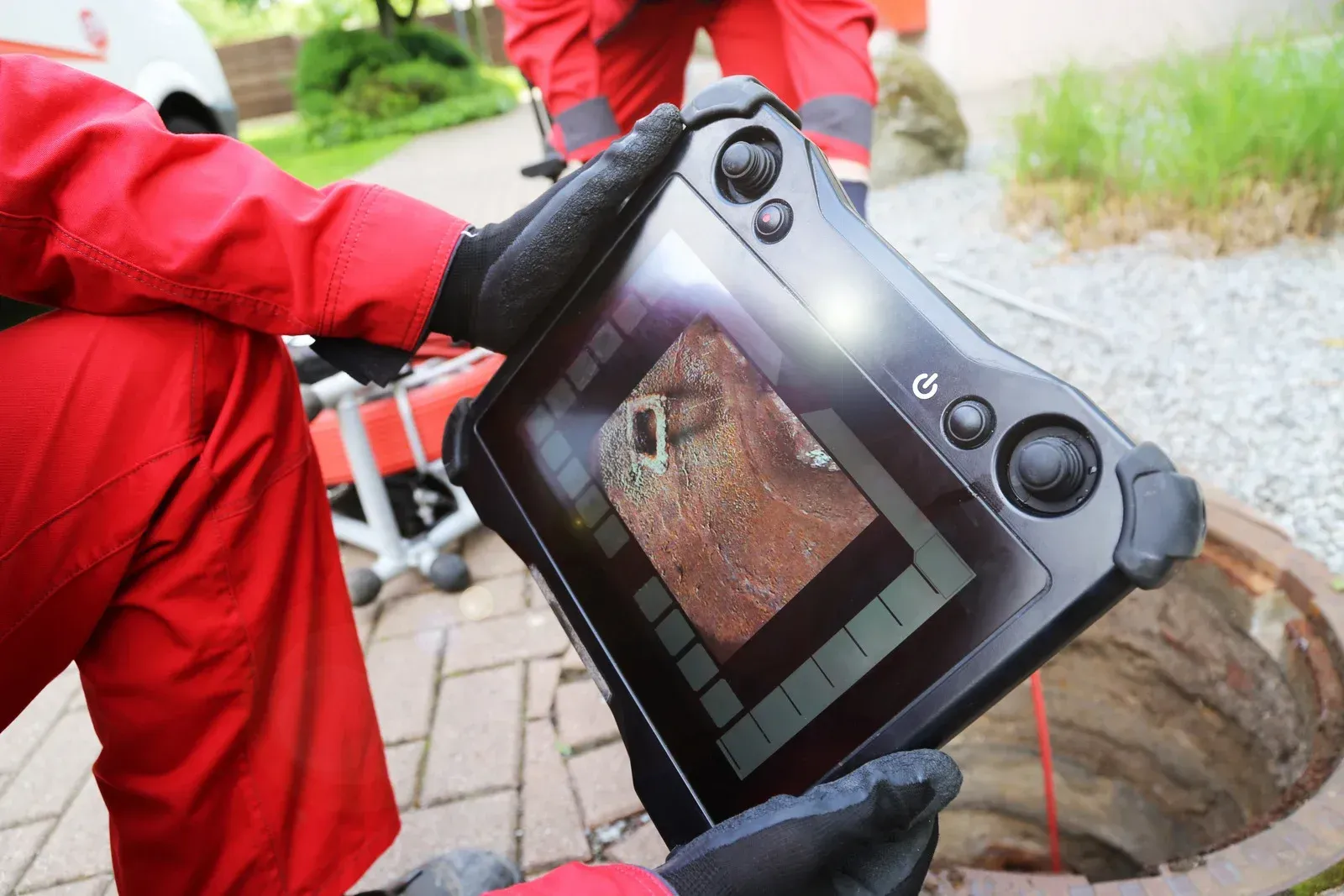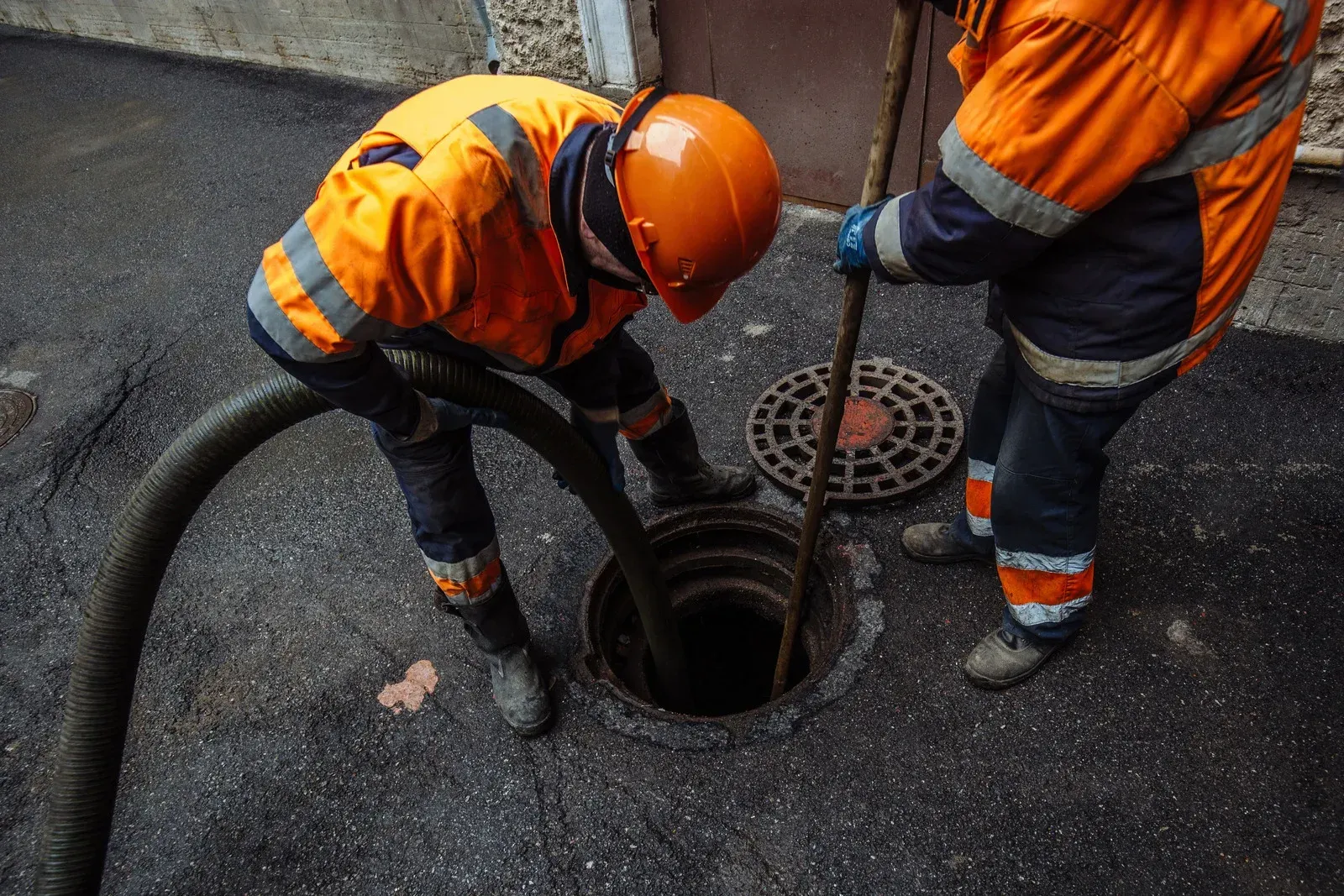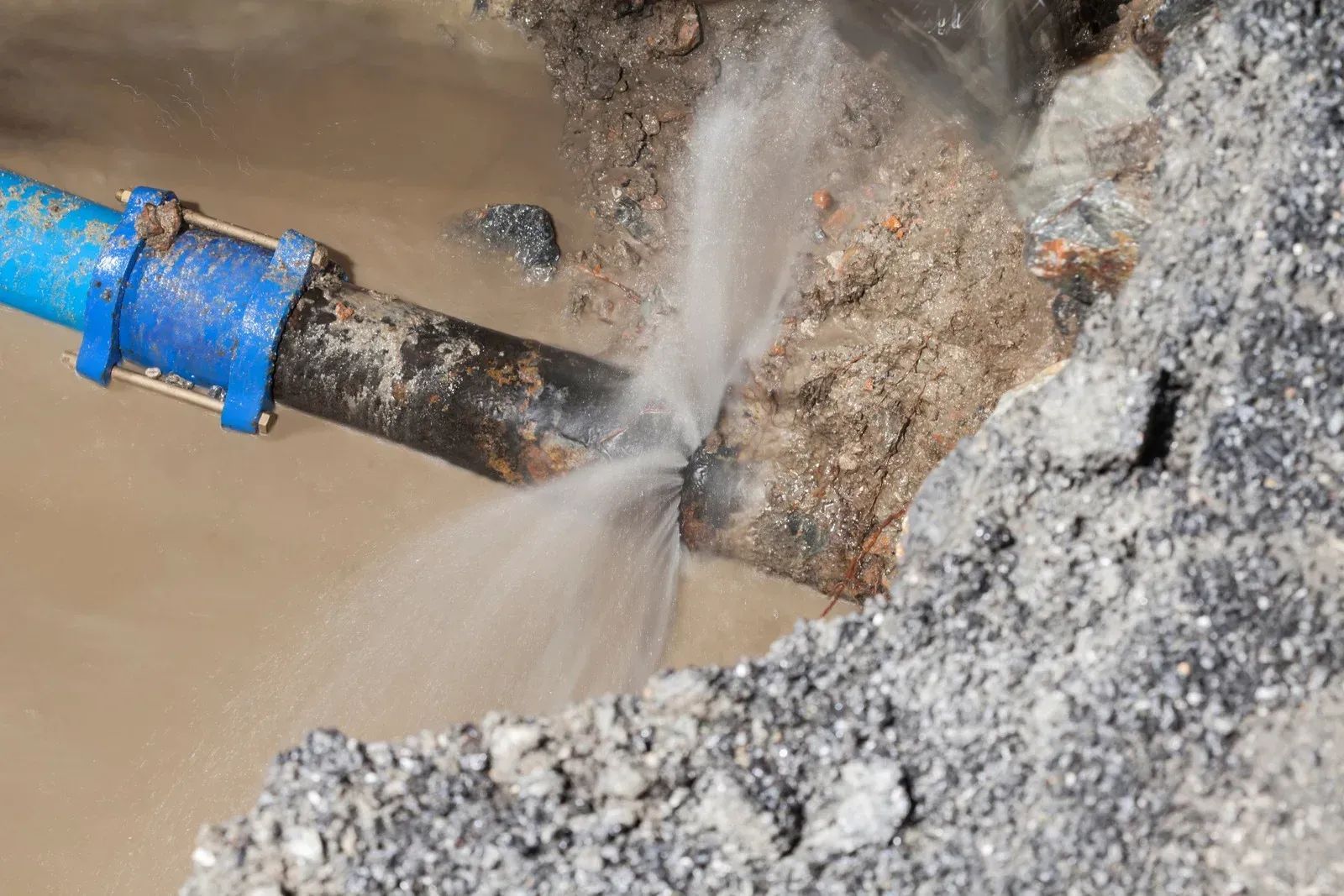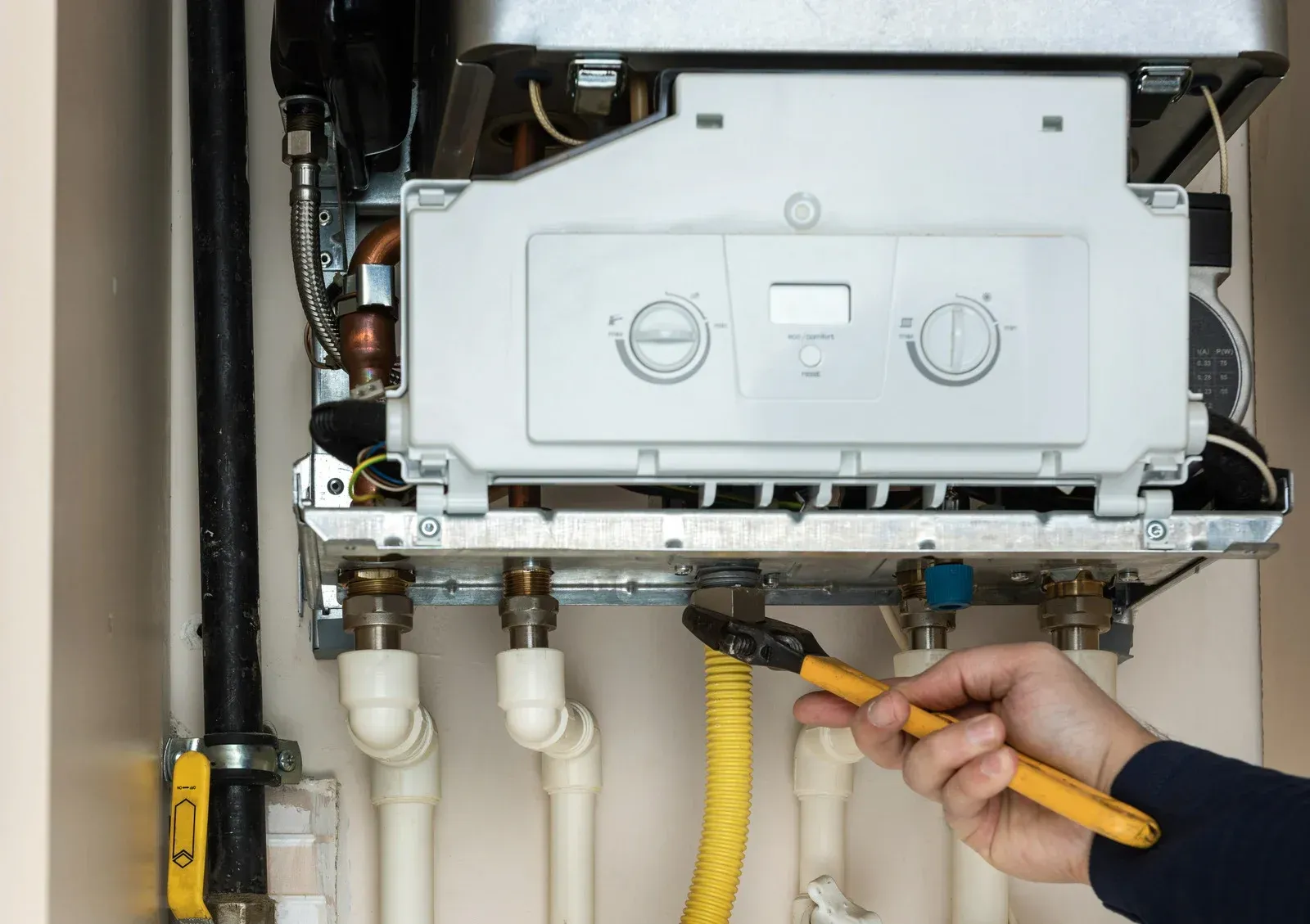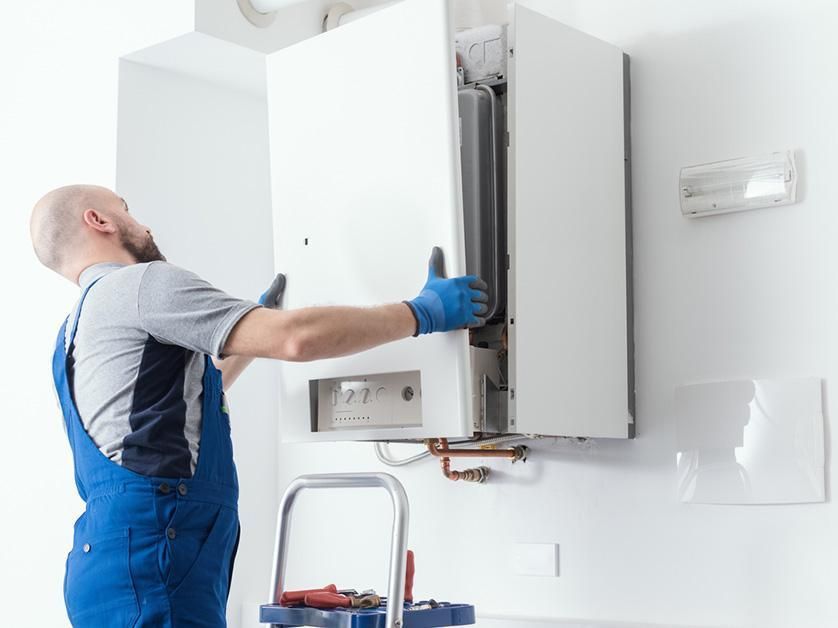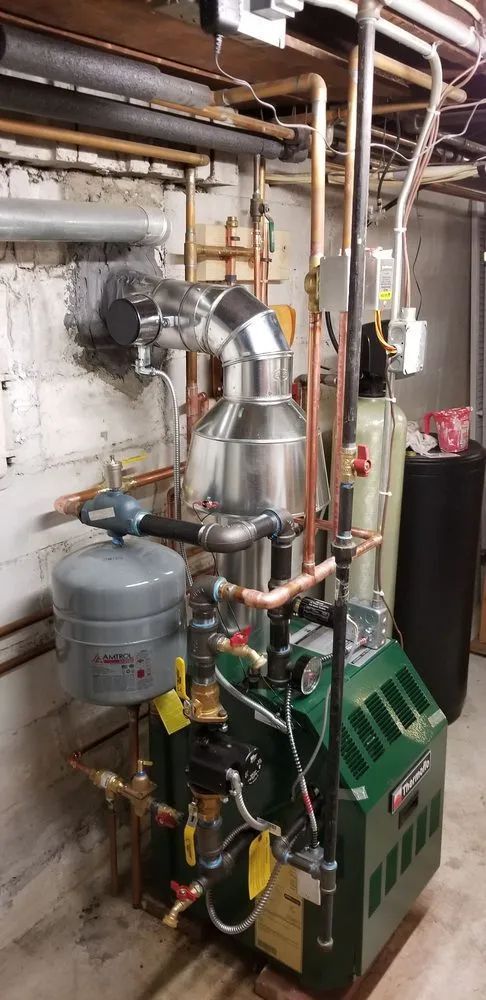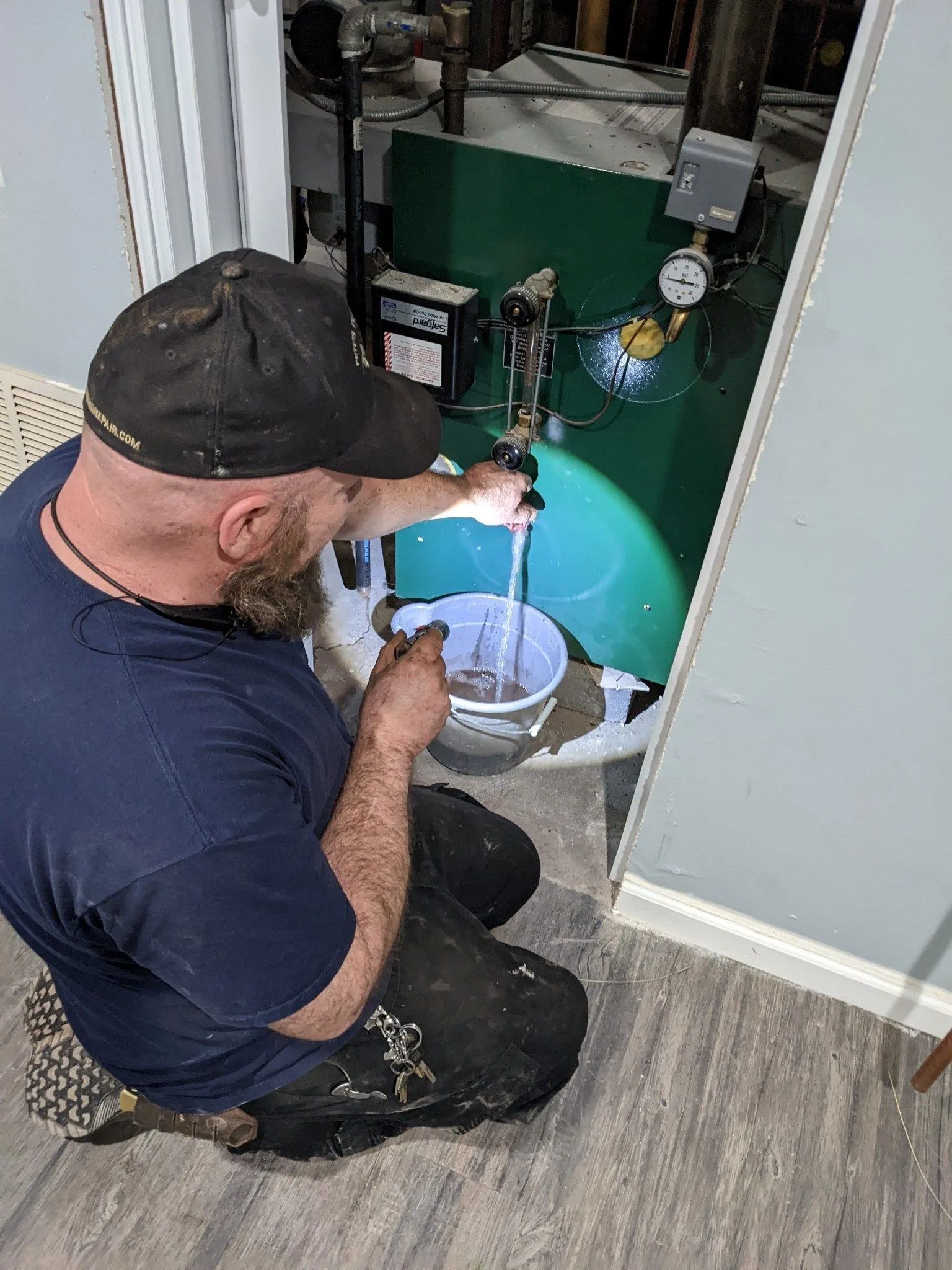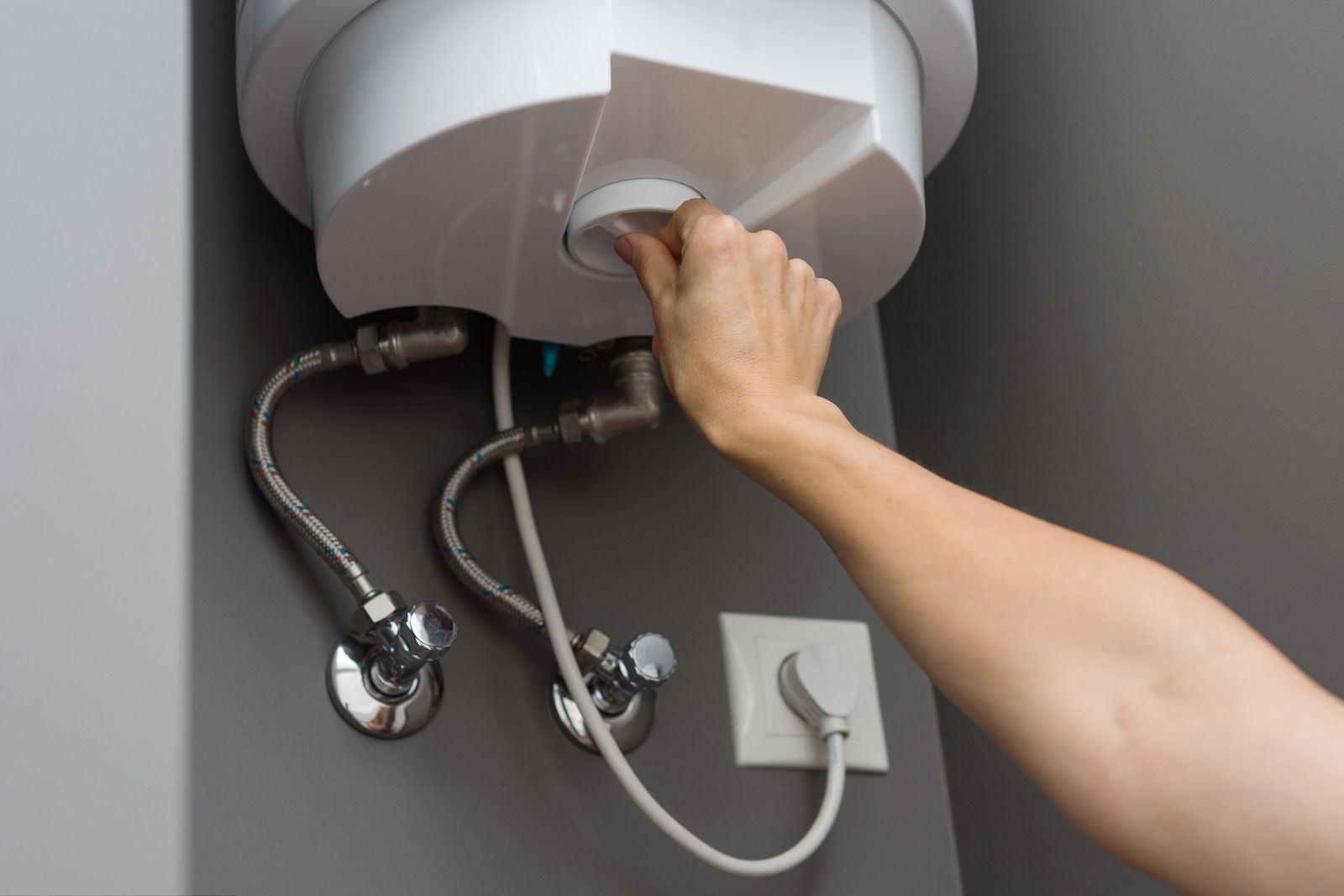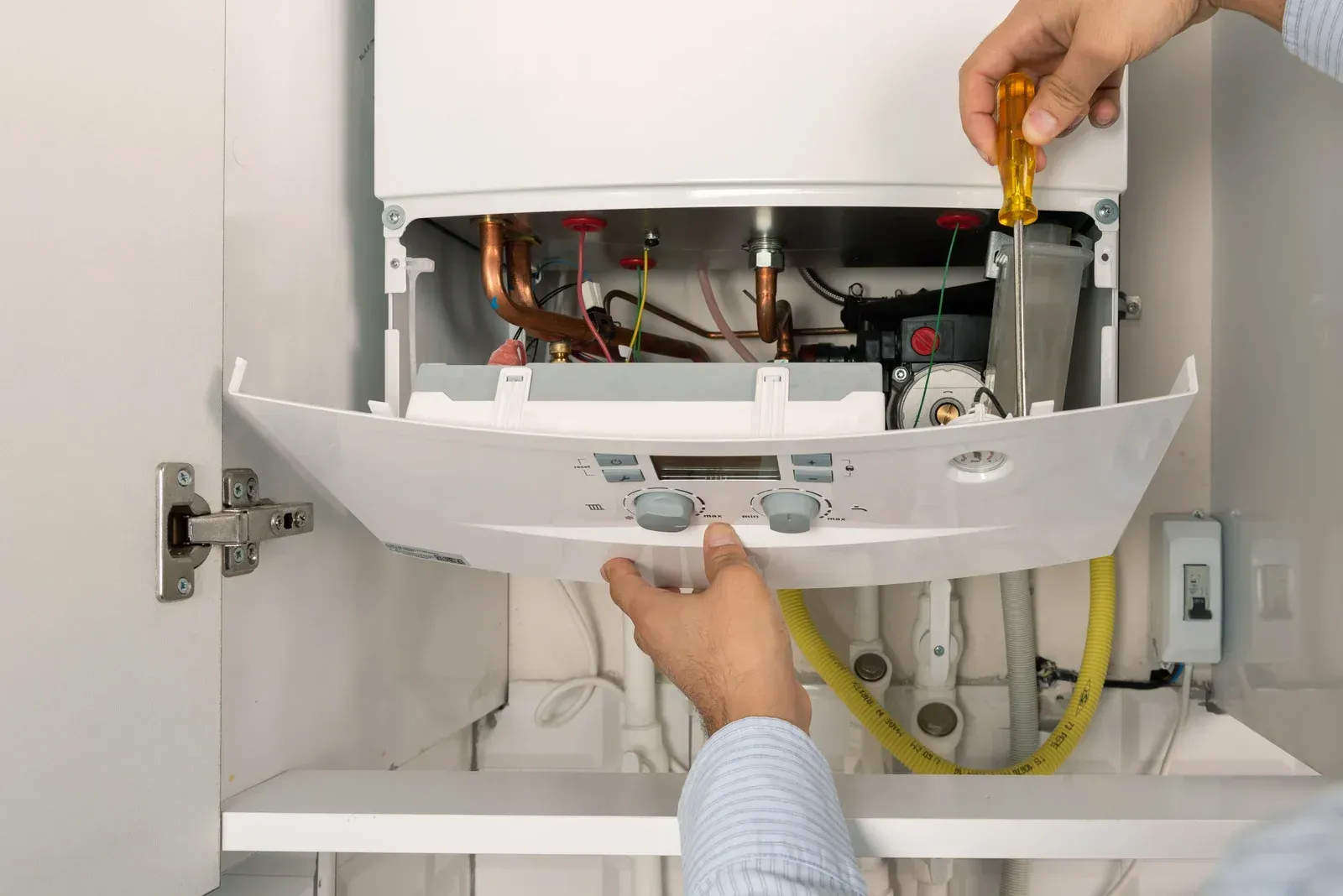Should You Repair or Replace Your Water Heater?
The
water heater works behind the scenes, keeping your showers hot and dishes clean. But like any appliance, it won't last forever. When yours shows signs of disrepair, a big question arises, repair or replace? This article will break down the factors to consider, helping you choose the most cost-effective and efficient option.
Signs Your Water Heater Needs Attention
First things first, how do you know there's a problem?
- Lukewarm Water: It could indicate a malfunctioning heating element, thermostat, or sediment buildup.
- Leaks: Water pooling around the base of the heater is a serious issue. It suggests a leak in the tank, which can lead to water damage and needs immediate attention.
- Noisy Operation: Strange noises like popping, banging, or rumbling are not typical. Loose parts, sediment buildup, or a failing heating element could cause this.
- Rusty Water: Rusty-colored water indicates corrosion in the tank, a sign the heater is nearing its end.
- Increased Energy Bills: If your water heating costs are skyrocketing, it could be due to an inefficient heater.
Repair vs. Replace: Weighing the Options
Now that you suspect a problem let's delve into the dilemma of repair vs. replacement. Here's a breakdown to help you decide:
Age of Your Water Heater
The average lifespan of a water heater is 8-12 years for gas models and 10-15 years for electric ones. If yours falls within this range, a repair might be viable for minor issues. However, if it's nearing the end of its natural life, replacing it might be the smarter investment, especially if repairs become frequent.
Severity of the Problem
Minor issues like a faulty thermostat or sediment buildup are often repairable at a reasonable cost. However, extensive leaks, significant rust, or a wholly failed heating element might be too expensive. Replacing the entire unit might be more cost-effective in the long run.
Repair Costs vs. Replacement Costs
Get estimates from licensed plumbers for repairs and a new water heater installation. Factor in the repair cost, labor, and potential future maintenance needed for an aging unit. Compare this to the upfront cost of a new, energy-efficient water heater.
Energy Efficiency
Newer water heaters are much more efficient than older models. Replacing your water heater with a newer, Energy Star-rated model can save you money on your energy bills.
Warranty Considerations
Check the warranty on your existing water heater. If the repair falls under warranty, it's a clear win to have it fixed. However, warranties often don't cover everything, so factor in potential out-of-pocket costs.
The Bottom Line: Making an Informed Decision
There's no one-size-fits-all answer, but by considering these factors, you can make an informed decision about your water heater. Generally, a repair might be suitable for minor issues with a relatively new heater. However, for older models with major problems or frequent maintenance, replacing them with a new, energy-efficient model might be the more cost-effective and long-lasting solution.
Additional Tips for Extending Water Heater Life
Regular Maintenance: Schedule annual flushes to remove sediment buildup, which can improve efficiency and lifespan.
Temperature Control: Setting your water heater to a lower temperature (around 120°F) can increase lifespan and save energy.
Insulation: Insulating your water heater tank can help retain heat and reduce energy consumption.
By taking good care of your water heater and making informed decisions about repairs and replacements, you can ensure a steady flow of hot water for years.
